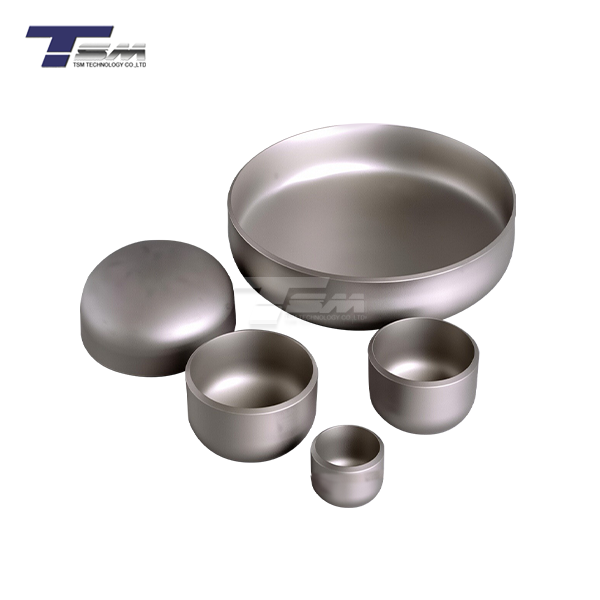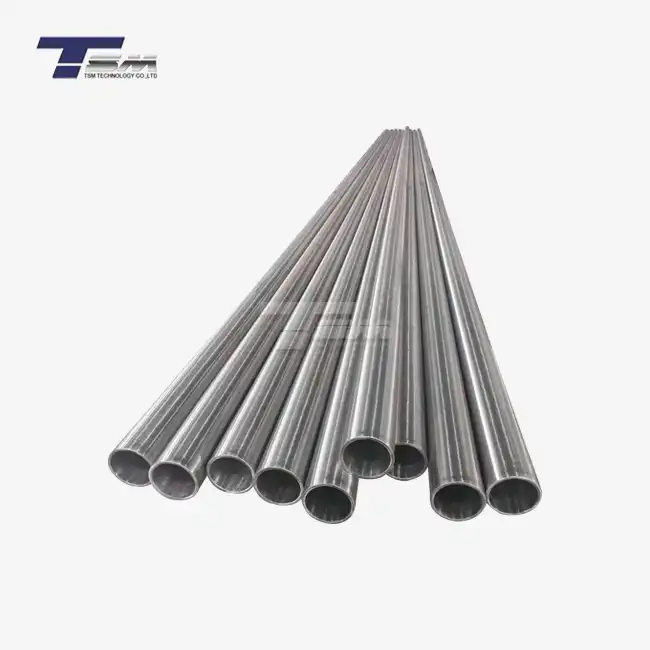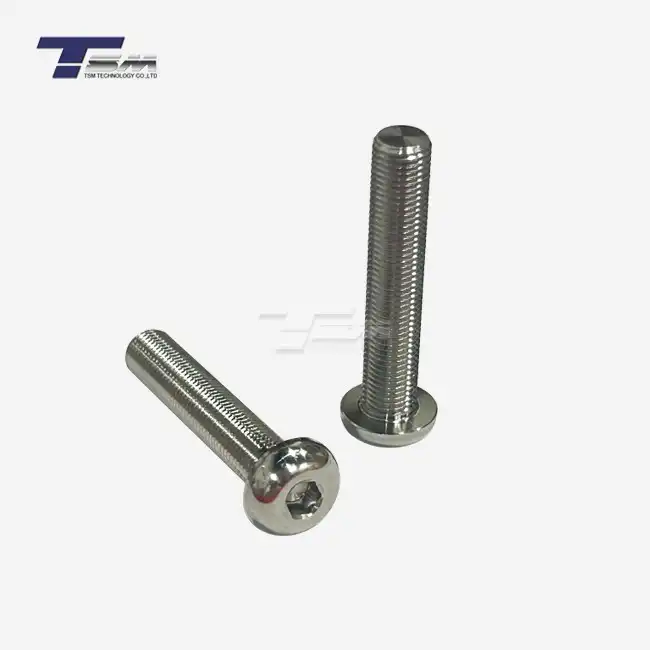- English
- French
- German
- Portuguese
- Spanish
- Russian
- Japanese
- Korean
- Arabic
- Greek
- German
- Turkish
- Italian
- Danish
- Romanian
- Indonesian
- Czech
- Afrikaans
- Swedish
- Polish
- Basque
- Catalan
- Esperanto
- Hindi
- Lao
- Albanian
- Amharic
- Armenian
- Azerbaijani
- Belarusian
- Bengali
- Bosnian
- Bulgarian
- Cebuano
- Chichewa
- Corsican
- Croatian
- Dutch
- Estonian
- Filipino
- Finnish
- Frisian
- Galician
- Georgian
- Gujarati
- Haitian
- Hausa
- Hawaiian
- Hebrew
- Hmong
- Hungarian
- Icelandic
- Igbo
- Javanese
- Kannada
- Kazakh
- Khmer
- Kurdish
- Kyrgyz
- Latin
- Latvian
- Lithuanian
- Luxembou..
- Macedonian
- Malagasy
- Malay
- Malayalam
- Maltese
- Maori
- Marathi
- Mongolian
- Burmese
- Nepali
- Norwegian
- Pashto
- Persian
- Punjabi
- Serbian
- Sesotho
- Sinhala
- Slovak
- Slovenian
- Somali
- Samoan
- Scots Gaelic
- Shona
- Sindhi
- Sundanese
- Swahili
- Tajik
- Tamil
- Telugu
- Thai
- Ukrainian
- Urdu
- Uzbek
- Vietnamese
- Welsh
- Xhosa
- Yiddish
- Yoruba
- Zulu
High Performance Chemical Processing Alloys
High performance chemical processing alloys are advanced materials engineered to withstand extreme conditions in chemical processing environments. These specialized alloys exhibit exceptional resistance to corrosion, high temperatures, and chemical attack, making them indispensable in various industries. From petrochemicals to pharmaceuticals, these alloys play a crucial role in ensuring the longevity, efficiency, and safety of equipment and processes. Their unique properties, such as superior strength, durability, and thermal stability, enable them to perform optimally in harsh chemical environments where conventional materials would fail. As industries continue to push the boundaries of chemical processing, the demand for these high-performance alloys continues to grow, driving innovation and technological advancements in material science.
The Composition and Properties of High Performance Chemical Processing Alloys
Key Elements in High-Performance Alloys
High performance chemical processing alloys are meticulously crafted using a blend of carefully selected elements. These typically include nickel, chromium, molybdenum, and other specialized additives. The precise composition varies depending on the specific application and desired properties. Nickel often serves as the base metal, providing excellent corrosion resistance and high-temperature strength. Chromium enhances the alloy's resistance to oxidation and corrosion, while molybdenum improves its strength and resistance to pitting corrosion.

Unique Properties for Demanding Environments
The distinguishing features of these alloys stem from their unique composition and microstructure. They exhibit remarkable resistance to various forms of corrosion, including pitting, crevice corrosion, and stress corrosion cracking. This resistance is crucial in chemical processing environments where aggressive chemicals and high temperatures are commonplace. Additionally, these alloys maintain their mechanical properties at elevated temperatures, ensuring structural integrity in high-heat applications.
Tailoring Alloys for Specific Applications
One of the most valuable aspects of high performance chemical processing alloys is their versatility. Metallurgists can fine-tune the alloy composition to meet specific industry requirements. For instance, some alloys may be optimized for resistance to sulfuric acid, while others might be designed to withstand chlorine-rich environments. This customization allows for the development of alloys that excel in particular chemical processing scenarios, providing targeted solutions for diverse industrial needs.
Applications of High Performance Chemical Processing Alloys in Industry
Petrochemical and Refinery Operations
In the petrochemical sector, high performance chemical processing alloys are indispensable. They are used in critical components such as heat exchangers, reactors, and distillation columns. These alloys withstand the corrosive effects of crude oil, sulfur compounds, and various hydrocarbons at high temperatures and pressures. Their use ensures the longevity of equipment, reduces maintenance costs, and enhances overall process efficiency in refineries and petrochemical plants.
Chemical Manufacturing and Processing
The chemical manufacturing industry relies heavily on these advanced alloys for a wide range of applications. From storage tanks and piping systems to agitators and valve components, high performance alloys are essential in handling aggressive chemicals. They are particularly valuable in the production of acids, alkalies, and other corrosive substances where material integrity is paramount for safety and product purity.
Pharmaceutical and Food Processing
In pharmaceutical and food processing, where purity and contamination control are critical, high performance chemical processing alloys play a vital role. These alloys are used in reactors, fermenters, and sterilization equipment. Their resistance to corrosion and ease of cleaning make them ideal for maintaining the stringent hygiene standards required in these industries. Moreover, their ability to withstand cleaning agents and sterilization processes contributes to the longevity of processing equipment.
Advancements and Future Trends in High Performance Chemical Processing Alloys
Emerging Alloy Compositions
The field of high performance chemical processing alloys is continually evolving. Recent research has focused on developing new alloy compositions that offer even greater resistance to specific types of corrosion or improved performance at extreme temperatures. For instance, some newly developed alloys incorporate rare earth elements to enhance their resistance to high-temperature oxidation. Others are being designed with increased molybdenum content to improve resistance to localized corrosion in chloride-containing environments.
Nanotechnology in Alloy Development
Nanotechnology is opening up new possibilities in the development of high performance alloys. By manipulating materials at the nanoscale, researchers are creating alloys with unprecedented properties. Nanostructured alloys can exhibit enhanced strength, improved corrosion resistance, and better thermal stability compared to their conventional counterparts. This technology holds the promise of developing alloys that can withstand even more extreme chemical processing conditions, potentially revolutionizing industrial processes.
Sustainable and Cost-Effective Solutions
As industries increasingly focus on sustainability, there's a growing trend towards developing high performance alloys that are more environmentally friendly and cost-effective. This includes efforts to reduce the use of rare or expensive elements without compromising performance. Additionally, research is being conducted on alloys that can be more easily recycled at the end of their lifecycle, contributing to a more circular economy in the chemical processing sector.
Conclusion
High Performance Chemical Processing Alloys are at the forefront of material science innovation, playing a crucial role in advancing chemical processing capabilities across various industries. Their unique properties make them indispensable in handling aggressive chemicals, extreme temperatures, and corrosive environments. As technology continues to evolve, these alloys are poised to become even more sophisticated, offering enhanced performance, durability, and cost-effectiveness. The ongoing research and development in this field promise to unlock new possibilities in chemical processing, driving efficiency and sustainability in industrial applications.
Contact Us
For more information about our high-performance chemical processing alloys and how they can benefit your operations, please contact us at info@tsmnialloy.com. TSM TECHNOLOGY is committed to providing cutting-edge alloy solutions tailored to your specific needs.
References
Smith, J.R. (2022). Advanced Materials for Chemical Processing: A Comprehensive Review. Journal of Chemical Engineering Materials, 45(3), 256-270.
Chen, L., & Johnson, M.K. (2023). Corrosion Resistance of High-Performance Alloys in Petrochemical Applications. Corrosion Science and Technology, 58(2), 189-205.
Patel, A., et al. (2021). Nanotechnology in the Development of Chemical Processing Alloys. Advanced Materials Research, 33(4), 412-428.
Williams, S.B., & Thompson, R.L. (2023). Sustainable Approaches in High-Performance Alloy Manufacturing. Green Chemistry and Engineering, 12(1), 78-92.
Garcia, M.A., et al. (2022). Performance of Nickel-based Superalloys in Extreme Chemical Environments. Materials Science and Engineering: A, 815, 141-157.
Lee, H.J., & Kim, Y.S. (2023). Recent Advances in High-Temperature Alloys for Chemical Processing Industries. High Temperature Materials and Processes, 42(2), 301-317.
Learn about our latest products and discounts through SMS or email



